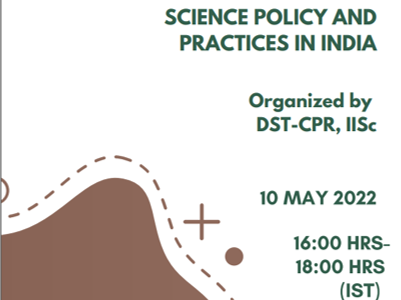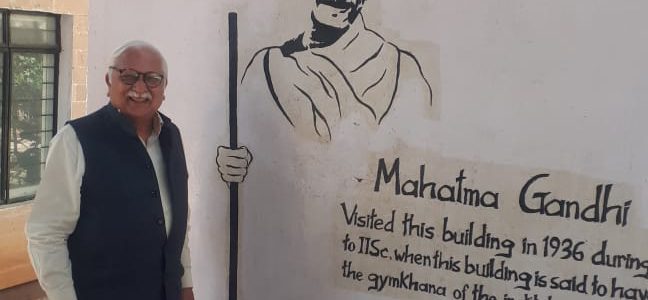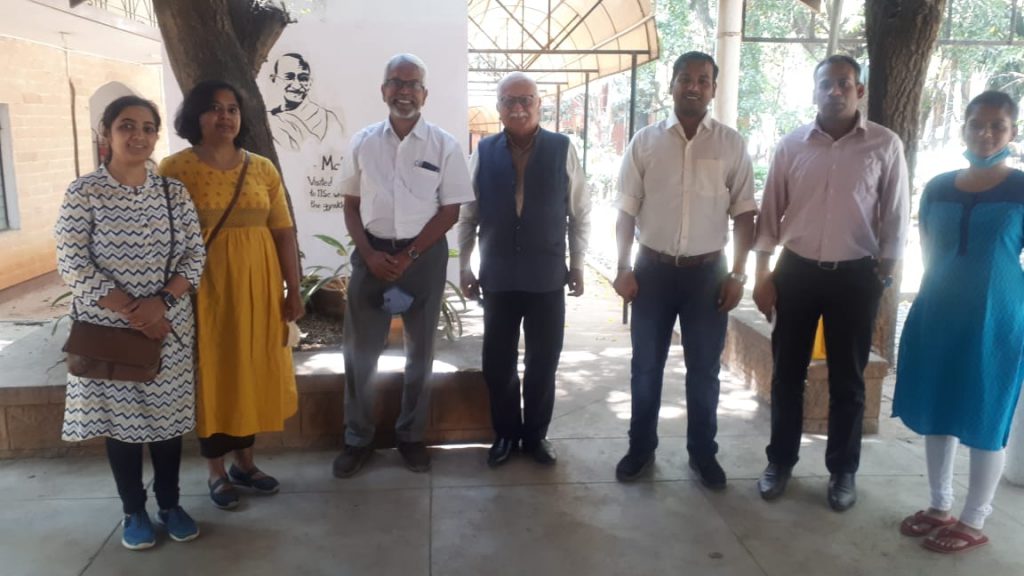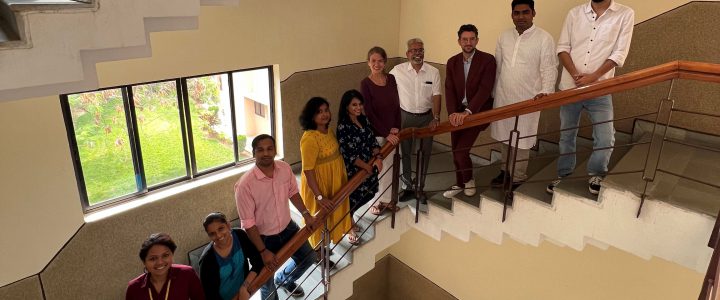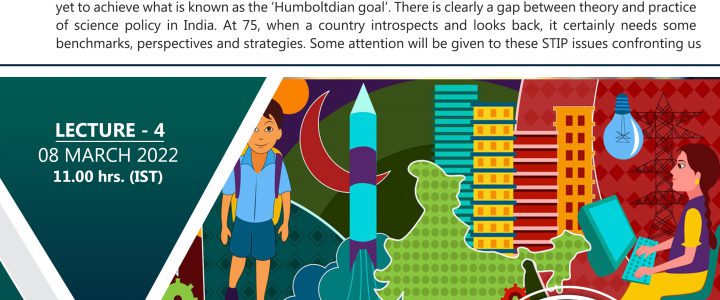Position: Programme Manager (Senior Project Associate/Project Scientist)
Number: 1
Duration: 1 Year
Job Description:
The selected candidate would be a part of DST-Centre for Policy Research at IISc (DST-CPR-IISc’s) programme management team and will provide organisational and management support to various current and future projects and activities of the Centre.
Responsibilities:
- Provide assistance in the overall management of Centre’s projects including financial management, event organization and record-keeping.
- Facilitate collaborations and partnerships with national/international researchers, institutes and programmes.
- Identify funding and career development opportunities for researchers and policy fellows affiliated with the Centre.
- Provide coordination support between the Centre, IISc and DST administrations.
- Provide subject-matter-expertise to researchers in preparation. of research grants.
- Provide outreach and communication support to the researchers
- Provide assistance in managing Centre’s website and social media engagements
Necessary Qualifications:
Bachelor’s / Master’s / Doctoral Degree in Science/ Social Science/ STI Policy/ Engineering/Technology from a recognized university.
Desirable Criteria:
Training and Experience in programme management/grant management. Demonstrated organisational and communication skills; Good understanding of Indian S&T policy system.
Application Instructions:
- Please submit your resume/C.V. with an accompanying cover letter detailing your job suitability to coordinator.cpr@iisc.ac.in. The subject of the email should be ‘Application for Programme Manager’.
- Resume/C.V. file should be named in ‘Your name_ Program manager _CV.pdf’ format and cover letter should be named in ‘Your name_Program manager_Cover letter.pdf’ format.
- Last date of submission 26th June, 2022.
Remuneration: Commensurate with qualifications and experience (as per DST guidelines – SR/S9/Z-05/2019)
Note: The selected candidate would be expected to physically work from the DST-CPR office at IISc Bengaluru.



